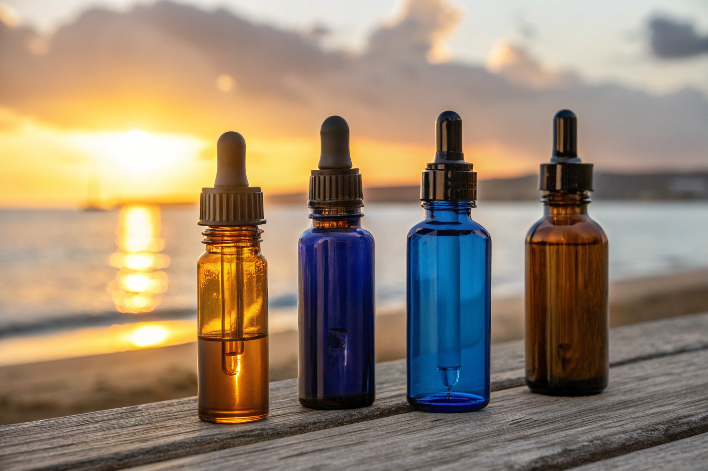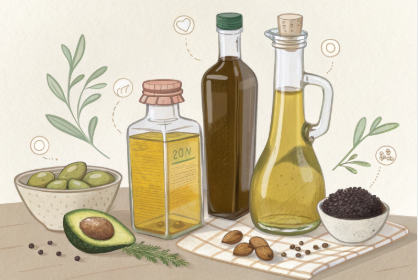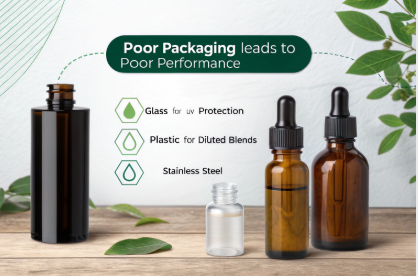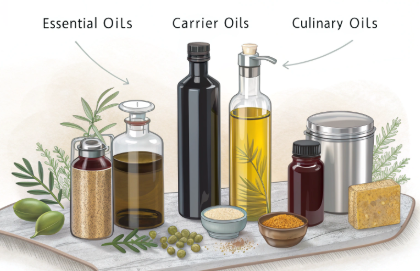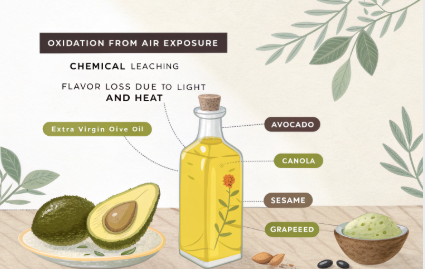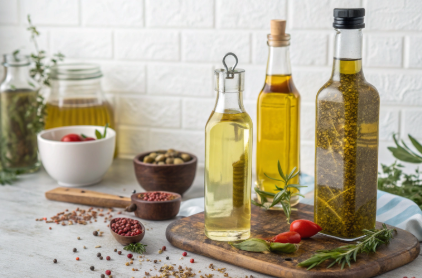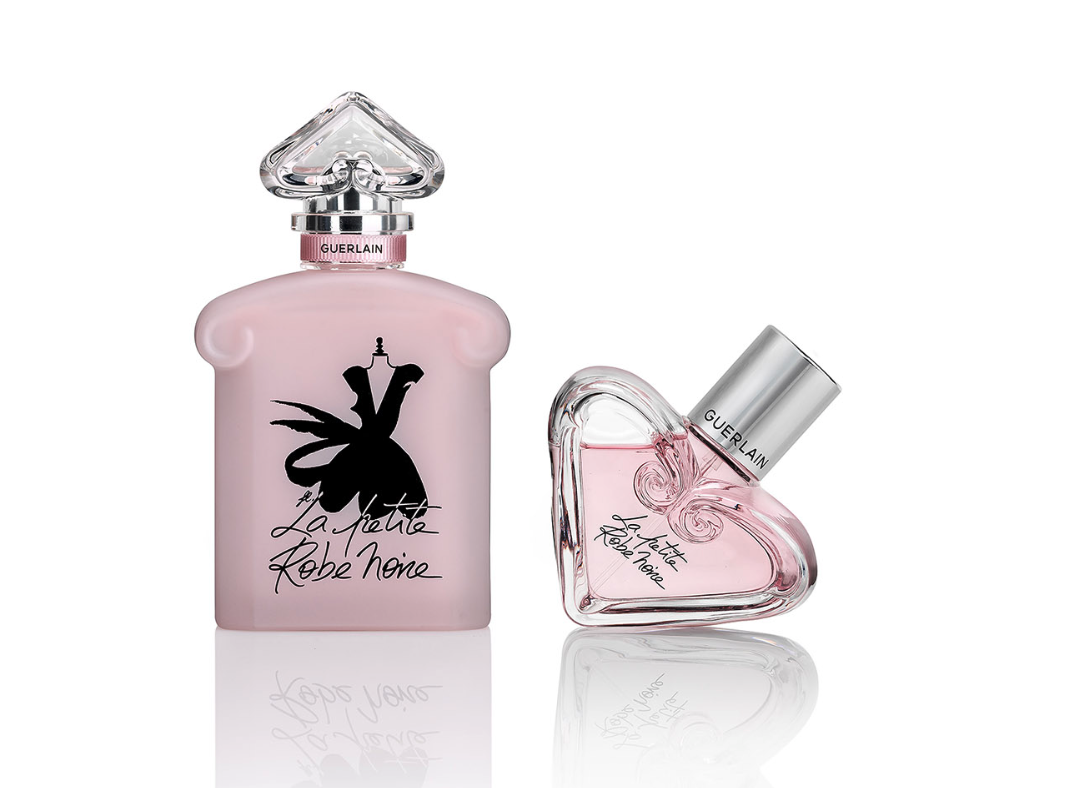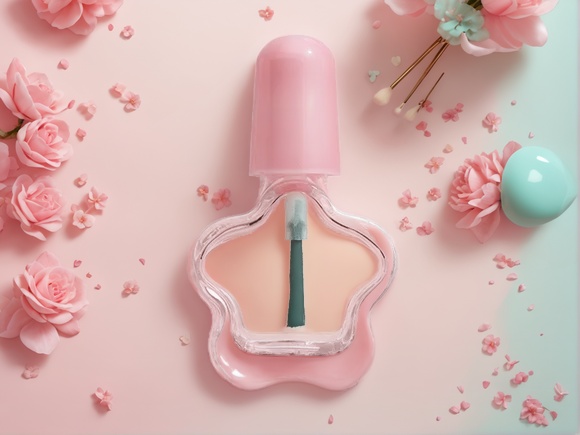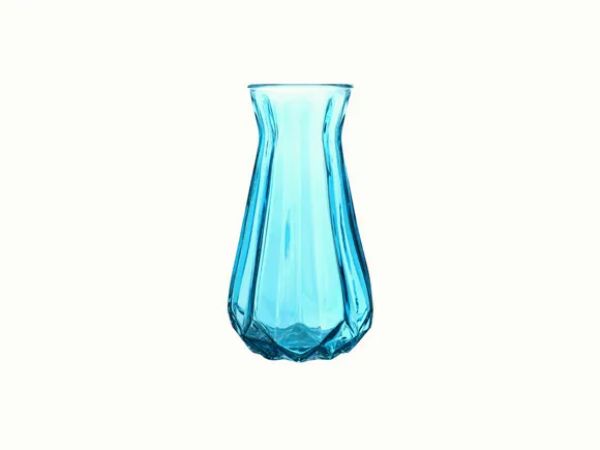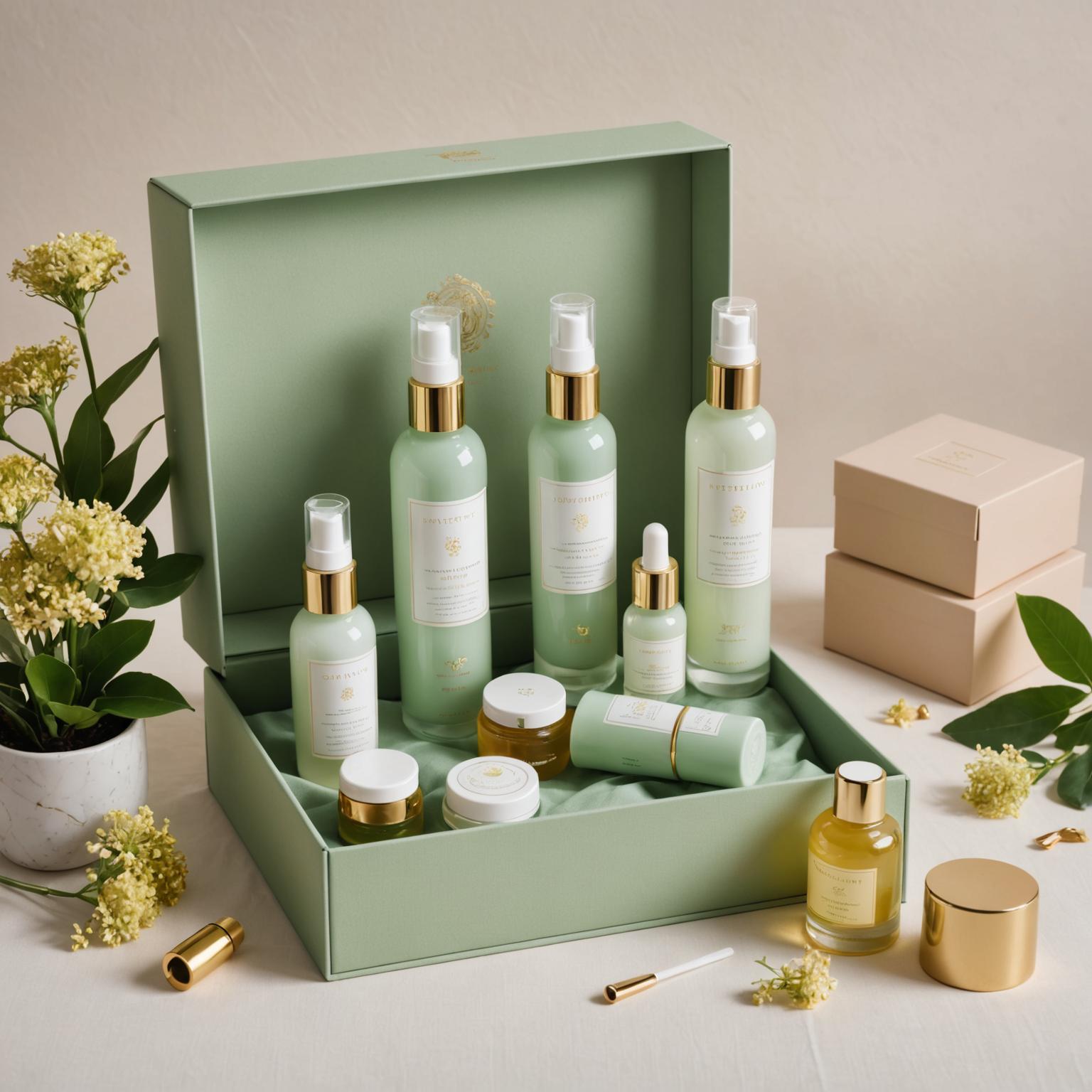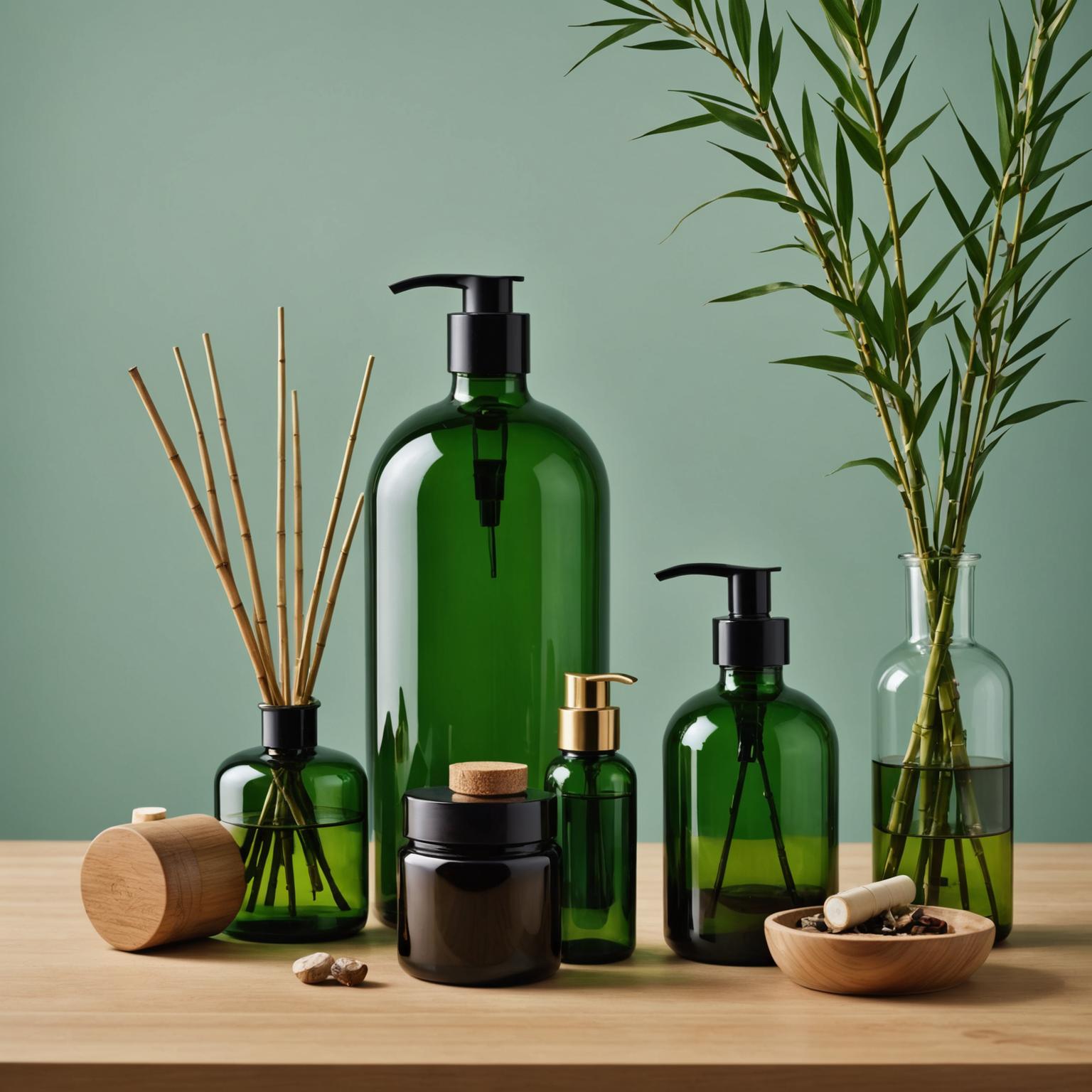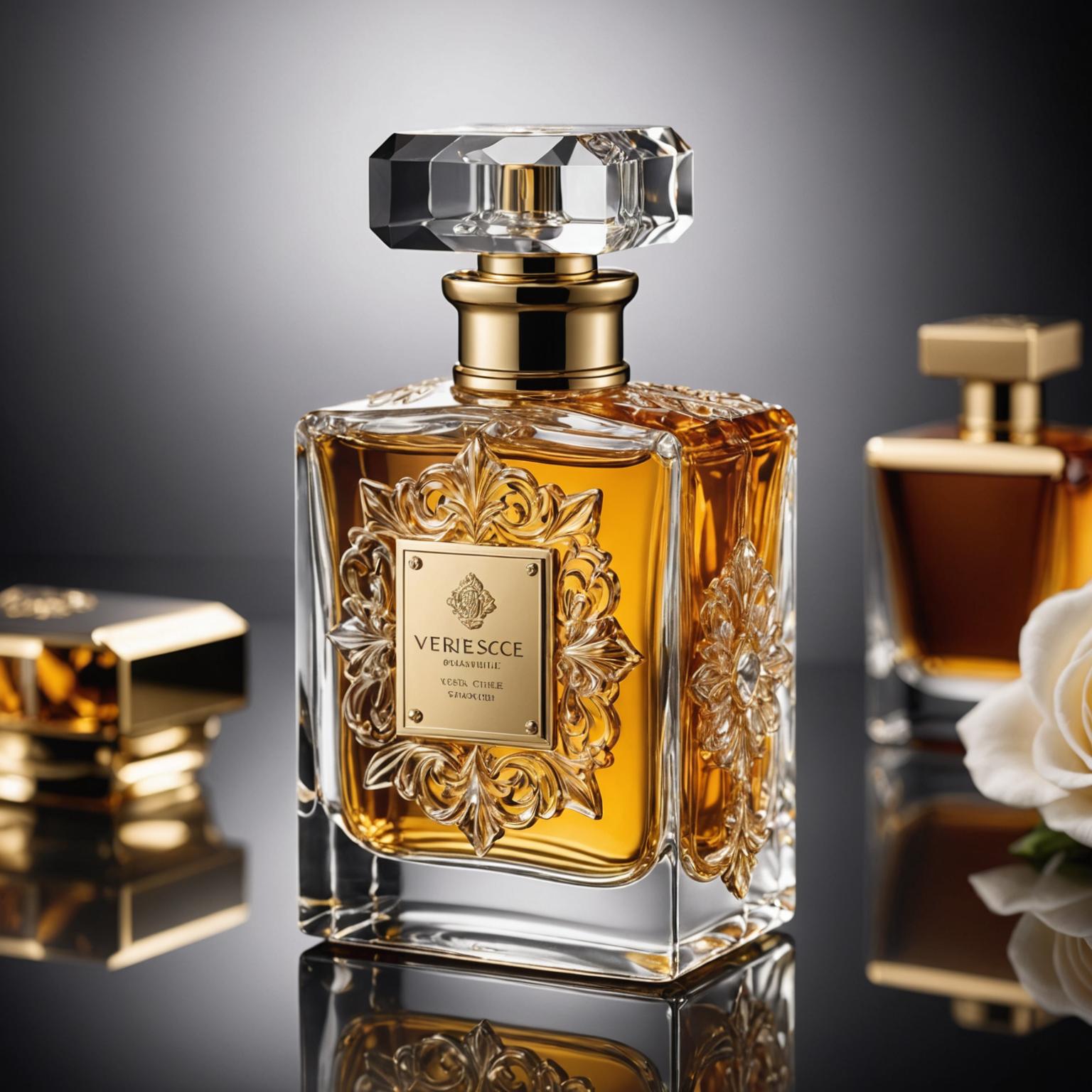Not all oils are created equal—but all deserve the best bottles.
Yes, essential oils need to be stored in dark glass bottles to prevent degradation from UV rays, heat, and oxygen, which reduce their shelf life, potency, and therapeutic value.
The wrong container doesn’t just ruin a good essential oil—it can damage your health and brand. Whether you’re storing lavender for aromatherapy or extra virgin olive oil for a five-star kitchen, your choice of bottle affects everything: flavor, shelf life, scent, and safety.
Let’s explore why glass is the gold standard, and when plastic or stainless steel might be okay.
Introduction to Essential Oils
Essential oils, much like olive oil and other cooking oils, are highly sensitive to their environment. Proper storage is crucial to maintaining their quality and extending their shelf life. When it comes to storing essential oils, choosing the right container is paramount. Dark glass bottles are ideal as they protect the oils from light exposure and harmful UV rays. This is particularly important for oils like extra virgin olive oil, which can become rancid if exposed to heat, light, or oxygen. By storing essential oils in a cool, dark place, such as a dark cabinet, you can help preserve their nutritional value and flavor, ensuring they remain effective and enjoyable to use.
Importance of Proper Storage
Proper storage is vital for maintaining the quality and shelf life of essential oils, including olive oil and other cooking oils. When oils are stored improperly, they can become rancid, which negatively impacts their taste, aroma, and nutritional value. Rancid oil can also produce harmful free radicals and toxic fumes when heated, posing a risk to health and safety. To prevent this, it’s essential to store oils at a stable temperature, away from direct sunlight and heat sources like the stove. Using a dark glass bottle or an airtight container, such as a ceramic bottle or stainless steel container, can help prevent oxidation and keep the oil fresh. This ensures that your oils retain their beneficial properties and remain safe for consumption.
Is it okay to put essential oils in plastic bottles?
Plastic is everywhere—but that doesn’t mean it belongs near your oils.
No, essential oils should not be stored in plastic bottles because they can degrade plastic, cause leaching of chemicals, and lose their efficacy quickly.
Here's why it matters
Essential oils are potent compounds—many act like solvents. Oil dispensers, sometimes called cruets, are essential for maintaining the quality of oils. When placed in common plastic containers, they:
-
Eat away at the plastic walls
-
Absorb and carry harmful residues
-
Lose their aroma and chemical stability
This is especially true for citrus oils, peppermint, eucalyptus, and clove. Even short-term use in a plastic squeeze bottle can lead to unexpected reactions.
What about PET or HDPE?
PET (polyethylene terephthalate) or HDPE (high-density polyethylene) may hold up better—but only for diluted blends and short-term storage.
PauPack’s take:
We help brands avoid these risks with our amber and cobalt blue glass bottles, designed with airtight seals, small openings, and optional dropper or spray heads for controlled pouring. These features keep air, UV rays, and contamination away from your valuable formulas.
Why are essential oils in glass bottles?
From wellness influencers to certified aromatherapists, everyone uses glass—and for good reason. Using the right olive oil bottle is crucial for maintaining the oil's quality and flavor.
Glass is inert, non-reactive, and provides the ideal protection against oxidation, light exposure, and contamination.
Why glass wins over time:
|
Feature |
Plastic |
Clear Glass |
Amber Glass |
Stainless Steel |
|---|---|---|---|---|
|
Chemical Stability |
❌ |
✅ |
✅ |
✅ |
|
UV Protection |
❌ |
❌ |
✅ (blocks 97%) |
✅ (opaque) |
|
Preserves Aroma |
❌ |
✅ |
✅ |
✅ |
|
Prevents Oxidation |
❌ |
⚠️ (needs coating) |
✅ (airtight & UV-safe) |
✅ (airtight) |
|
Best for Essential Oils |
❌ |
⚠️ |
✅ |
✅ (for bulk use) |
Glass also helps maintain essential oil shelf life, which for many pure oils can range from 2–10 years with proper storage. Oils like patchouli, sandalwood, and myrrh even improve with age when stored right.
At PauPack, our essential oil packaging solutions include airtight dropper bottles, roller bottles, and UV-coated clear glass bottles, giving our clients maximum protection and maximum flexibility. Glass is inert, non-reactive, and provides the ideal protection against oxidation, light exposure, and contamination when properly sealed.
Characteristics of Ideal Containers
Ideal containers for storing essential oils, including olive oil and other cooking oils, should possess certain key characteristics. They should be made from materials that block out light, such as dark glass or stainless steel, and feature a tight-fitting lid to prevent air from entering. A pouring spout or pour spout is also beneficial for controlled pouring and preventing spills. Additionally, the container should be easy to clean and dishwasher safe, making maintenance simple. Popular options for storing oils include dark glass bottles, stainless steel containers, and ceramic jugs, all of which can be found in most kitchen supply stores or online. These containers help ensure that your oils remain fresh and free from contamination.
Is it okay to put oil in a plastic bottle?
This question pops up often—especially from foodies and home chefs. Let’s address it clearly.
It is not ideal to store oil—especially essential or cooking oil—in plastic bottles due to the risk of oxidation, flavor degradation, and chemical contamination.
Consider common kitchen oils:
Extra virgin olive oil (“liquid gold”) is sensitive to heat, light, and air. Extra virgin olive oil has a shorter shelf life compared to other oils, making proper storage even more crucial.
Avocado oil, canola oil, sesame oil, and grapeseed oil also lose flavor quickly if stored in clear plastic under bright lights or near the stove.
Dark glass or stainless steel containers are far better for:
-
Preserving flavor and aroma
-
Protecting nutritional value
-
Preventing rancid oil
Fun Fact: Olive oil stored in clear glass or plastic under kitchen lights loses 25% of its antioxidants within one month.
What is the best bottle to store essential oils in?
The best bottle does more than just look good on a shelf—it preserves potency, prevents oxidation, and promotes dosing control. Choosing the right olive oil container is essential for preserving the oil's quality and preventing oxidation.
Amber glass bottles with airtight caps and narrow openings are the best choice for storing essential oils.
Bottle checklist:
-
✅ Amber or cobalt blue glass
-
✅ Tight seal (to keep oxygen out)
-
✅ Small opening or reducer (to limit air contact)
-
✅ Dropper, pump, or roller options for dosing
-
✅ Label-ready surface for branding and compliance
-
✅ Available in 5ml, 10ml, 15ml, 30ml sizes
-
✅ Pour spouts for controlled pouring and preventing spills
|
Bottle Type |
Ideal Use |
Notes |
|---|---|---|
|
Amber Glass Dropper |
Standard essential oil packaging |
Blocks UV, easy for skin-safe oils |
|
Cobalt Blue Roller |
Aromatherapy blends |
Premium aesthetic, partial UV filtering |
|
Stainless Steel Tin |
Bulk oil storage |
Excellent heat resistance, industrial look |
|
Ceramic Bottle |
Home decor + oils |
Elegant but fragile; best for display use |
|
Clear Glass (Coated) |
Showcase oils (with UV film) |
Needs UV coating or dark cabinet |
At PauPack, our glass oil bottles are not just packaging—they’re part of your product promise. That’s why we offer:
-
Custom color spraying for added UV protection
-
Laser-etched logos
-
Controlled spouts and leak-proof caps
-
One-stop OEM support from mold to decoration
Keeping Oils Fresh
To keep oils fresh, it’s essential to store them in a cool, dark place, such as a dark cabinet or pantry. This helps prevent light exposure and UV rays from degrading the oil’s quality. It’s also important to use a clean and dry container, like a glass bottle or stainless steel container, and to handle the oil carefully to avoid contamination. Regularly checking the oil’s smell and taste can help detect any signs of rancidity. For oils like olive oil, it’s recommended to store them in a dark glass bottle with a tight-fitting lid and to keep them away from heat sources, such as the stove. By following these tips, you can help keep your oils fresh and maintain their nutritional value and flavor.
Safety Precautions
When handling and storing essential oils, including olive oil and other cooking oils, it’s essential to take certain safety precautions. Always handle the oil carefully to prevent spills and contamination, and make sure to store it in a stable and secure location, away from children and pets. It’s also important to follow proper cleaning and maintenance procedures for the container and pouring spout, and to regularly check the oil’s smell and taste for signs of rancidity. By taking these precautions, you can help ensure the safe and proper storage of your essential oils and maintain their quality and shelf life. Additionally, consider using a squeeze bottle or airtight container to prevent oil from coming into contact with air, which can cause oxidation and spoilage.
BONUS: What About Olive Oil & Everyday Cooking Oils?
Let’s bring it back to the kitchen.
Olive oil, canola oil, avocado oil, and grapeseed oil need many of the same protections as essential oils—but with extra focus on pouring control and easy access. It is also important to keep olive oil cool to prevent rancidity and preserve its flavor and health benefits.
Tips for storing oils near the stove:
-
Store in dark glass bottles with a tight-fitting pour spout
-
Keep away from direct sunlight and open flames
-
Use smaller bottles and refill from a bulk container kept in a dark cabinet
-
Avoid squeeze bottles or clear plastic containers for long-term use
-
Seal immediately after use to minimize oxygen exposure
-
Buy olive oil in smaller quantities to ensure freshness and prevent flavor loss
|
Oil Type |
Best Container |
Why It Works |
|---|---|---|
|
Extra Virgin Olive Oil |
Amber Glass w/ Pour Spout |
Prevents oxidation, protects taste |
|
Avocado Oil |
Stainless Steel Bottle |
Blocks light, dishwasher safe |
|
Canola Oil |
PET (short-term), Glass (long-term) |
Affordable, but not UV-safe |
|
Grapeseed Oil |
Amber Glass |
Light-sensitive, needs full protection |
|
Sesame Oil |
Ceramic or Amber Glass |
Highly aromatic; light damages flavor |
PauPack’s kitchen oil packaging line features:
-
Olive oil dispensers with stainless steel spouts
-
Custom-molded ceramic bottles for high-end culinary brands
Conclusion
From your aromatherapy shelf to your stovetop, the right bottle makes all the difference. Whether you’re storing essential oils or extra virgin olive oil, choosing dark glass over plastic protects flavor, potency, and health.




